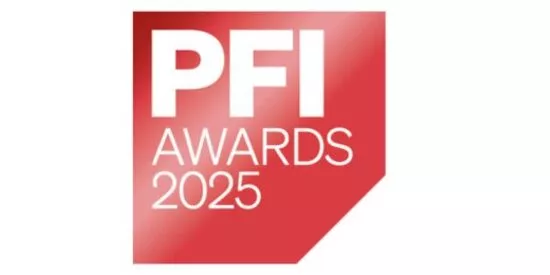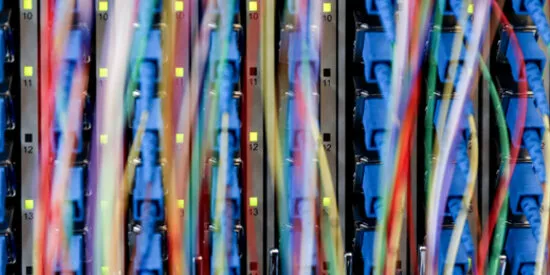
Bridging the Digital Divide in the US
In an increasingly digital society, limited access to internet has far-reaching consequences, hindering access to quality education and professional opportunities.
Researchers estimate that up to 42 million Americans lack access to high-speed internet. The digital divide disproportionately impacts lower-income households and small businesses in rural or low-income urban communities. This impact is even more pronounced in the post-pandemic economy, in which many employers have instituted hybrid or remote work.
Connecting 330,000 excluded homes
To help tackle this inequity in internet access, Meridiam, a global investor and asset manager focused on public infrastructure projects, is leading the development of a Fiber-to-the-Home (“FTTH”) network within communities across Alabama, Indiana and Tennessee. Titled “Project Graceland,” the network aims to deliver high-speed internet access to more than 330,000 homes in region.
By addressing limited FTTH availability and outdated broadband infrastructure in lower-income communities, Project Graceland aims to bridge the digital divide. The project will provide residents with improved access to online resources, education and remote work opportunities. It will also benefit small and minority-owned businesses in the community by allowing them to offer internet services on the network, fostering economic growth and entrepreneurship within the community.
This project is part of a series of Meridiam-led investments, totaling more than $2.7 billion, into digital infrastructure that will connect over 1.8 million homes across more than 17,000 miles, many in rural and underserved areas in Europe and North America. The company’s work aligns with the UN’s Sustainable Development Goals and is dedicated to driving meaningful social impact through investments in critical public services.
Societe Generale acted as Financial Advisor, Lead Arranger, Joint Bookrunner and Hedge Provider for Project Graceland. The financing was raised from a group of four banks, including Societe Generale.
Societe Generale has been at the forefront of digital infrastructure and FTTH, with years of experience supporting transformative projects in the sector in Europe. Most recently, Societe Generale was a Bookrunner and Underwriter for a €5.75 billion loan facility to support the ambitions of Deutsche Glasfaser to triple its existing fiber-to-the-home network in rural Germany.
“Societe Generale has long been a leading bank in the fiber market in Europe, having financed over 65 fiber deals in the region,” said Valentine Sallettaz, head of the infrastructure team at Societe Generale Americas, who worked on the Meridiam deal. “Leveraging that deep experience, we’ve been exploring opportunities to tap into the FTTH market in the US and, along the way, help support underserved communities with much needed internet resources. The Graceland Project accomplishes just that.”




